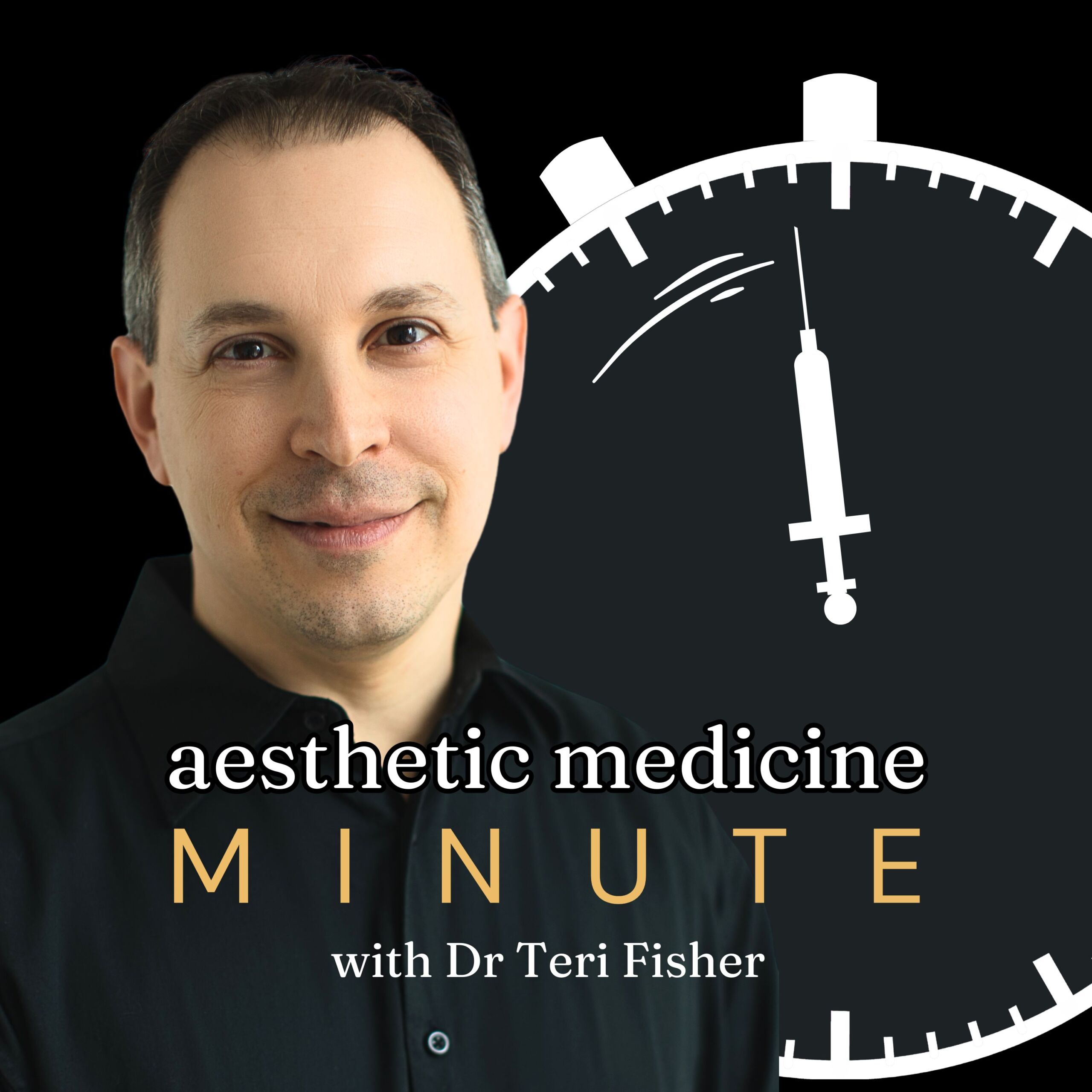
AMM 148: Yale Study Boosts Scleroderma Lip Treatment With Restylane Silk
July 24, 2024
In this episode, listeners will learn about a recent Yale study examining the use of hyaluronic acid lip fillers for patients with systemic sclerosis, a condition that hardens the skin and can severely affect lip function. The study, involving seven patients, found that fillers like Restylane® Silk could significantly improve lip fullness and patient satisfaction without worsening the disease. Leading researchers Dr. Kathleen Suozzi and Dr. Monique Hinchcliff discuss the potential benefits of these treatments, as well as preliminary insights on their impact on chewing and sleep quality. This episode delves into innovative approaches to improving the quality of life for those with scleroderma.
Quick Takes
- Yale conducted a study on using hyaluronic acid lip fillers for patients with systemic sclerosis or scleroderma.
- Restylane® Silk, a low cross-linking filler, was used in the study and resulted in significant increase in lip fullness with high patient satisfaction.
- Doctors leading the study hinted at further research on the impact of fillers on chewing and sleep quality for scleroderma patients.
Episode Transcript
Today is July 24th, 2024. A new study from Yale explores an interesting development for patients with systemic sclerosis, or scleroderma. For those unfamiliar, this condition tightens and hardens the skin, which can lead to thin lips – not just a cosmetic issue, but one that affects chewing, swallowing, and even sleeping.
Yale’s Dermatology and Rheumatology departments conducted a study on the use of hyaluronic acid lip fillers in these patients. Traditionally, these fillers haven’t been used for scleroderma patients due to fears of worsening the disease. But in this study, researchers worked with seven patients, all with systemic sclerosis affecting their lips.
They used Restylane® Silk, a hyaluronic acid filler known for low cross-linking, which might mean a lower chance of triggering an immune response. Photos were taken before and after treatments to evaluate lip fullness, and both doctors and patients rated the results on improvement scales.
The results? A significant increase in lip fullness and high satisfaction from the patients. The average post-treatment scores reflected marked improvement in lip appearance. While the study was small, it shows that these fillers can be safe and effective in this unique patient group.
Leading the study were Dr. Kathleen Suozzi, an associate professor of dermatology, and Dr. Monique Hinchcliff, an associate professor of medicine and director of the Yale Scleroderma Program. They hinted that further research will look at how these fillers impact chewing and sleep quality.
An interesting note: patients with scleroderma might need more frequent treatments, as the fillers appear to diminish quicker for them.
For more details, you can check out the full study in the Journal of the American Academy of Dermatology. This development is a promising step for those dealing with the challenges of scleroderma.
